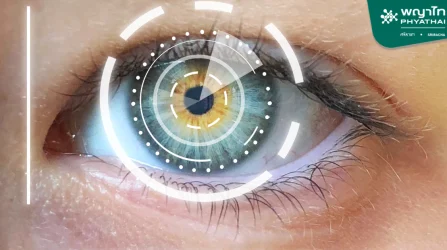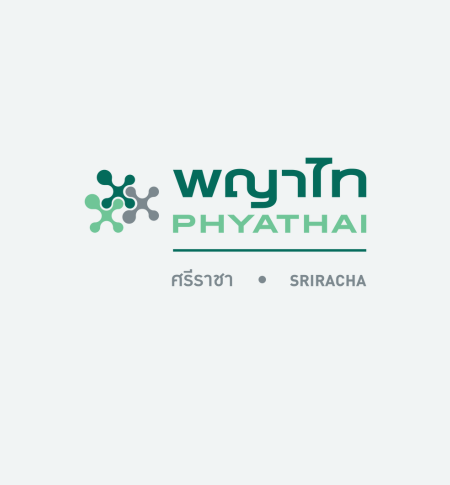Sudden death from heart disease is often caused by two primary factors. The first is acute coronary syndrome, a serious and alarming condition because it typically presents no symptoms—even when the coronary arteries are more than 50% blocked.
For further information or Booking..
As long as the heart can continue pumping blood, symptoms may not appear, leaving most individuals unaware of the danger.
The second factor is arrhythmia, a condition where the heart beats irregularly. A normal resting heart rate ranges from 60 to 100 beats per minute. If it falls below 60 or exceeds 100 beats per minute, it is considered abnormal. This irregular rhythm can impair the heart’s ability to pump blood efficiently and may eventually lead to heart failure.
The good news is that both conditions can be detected and managed early through regular heart screenings, helping to prevent serious complications or sudden cardiac events.
Let’s take a moment to reflect and ask yourself:
-
Are you feeling stressed from work or daily life?
-
Do you have trouble sleeping or wake up feeling tired?
-
Do you regularly smoke or drink alcohol?
-
Do you exercise less than three times a week?
-
Does anyone in your family have a history of heart disease?
If you answered “yes” to any of these questions, you may be unknowingly at risk for heart disease. Today, heart disease is no longer a distant threat—it’s a silent killer that can strike without warning, affecting not only your life but also the lives of those you love.
Why should you get a Heart Health Check?
Because many serious diseases, including heart conditions, often show no symptoms in the early stages. By the time they’re detected, they may have already progressed and become more difficult to treat. An annual health check helps detect potential risks early on—and the same goes for heart health screenings. They allow us to recognize risk factors and warning signs of future heart disease, enabling timely prevention and better self-care. If abnormalities are found early, treatment is usually much easier and more effective than when discovered later.
Common Heart Health Screening Methods:
-
Electrocardiogram (EKG): A non-invasive test that monitors the heart’s electrical activity to detect any irregularities in your heartbeat. Suitable for individuals of all ages and genders.
-
Echocardiogram (ECHO): Uses high-frequency sound waves (ultrasound) to create images of your heart. This test shows the heart’s size, shape, muscle movement, and valve function.
-
Exercise Stress Test (EST): Monitors your heart’s electrical activity while you exercise (e.g., walking on a treadmill). It helps detect signs such as chest pain, shortness of breath, irregular heartbeats, and can assist in diagnosing and assessing heart disease severity.
-
CT Calcium Scoring: A specialized CT scan that measures calcium deposits in the coronary arteries. It helps evaluate your risk of future heart disease and sudden cardiac events.
-
CT Angiography (CTA): Uses a contrast dye and CT imaging to visualize the heart’s blood vessels. It identifies blockages, narrowing, or abnormalities. Ideal for those who cannot undergo stress tests.
-
Cardiac MRI: Offers detailed images of the heart without radiation. It’s effective in diagnosing conditions like coronary artery disease, congenital heart defects, enlarged heart, or heart failure. It’s especially suitable for patients with kidney issues or iodine allergies, as it avoids contrast agents commonly used in other tests.
Who should consider getting a heart check-up?
-
Individuals aged 40 and above (both men and women)
-
People with diabetes, high blood pressure, or high cholesterol
-
Those who consume high-sugar, high-fat, or high-salt diets
-
Smokers or those regularly exposed to secondhand smoke
-
Anyone with a family history of heart disease
-
People who experience poor sleep, constant fatigue, or insufficient rest



















